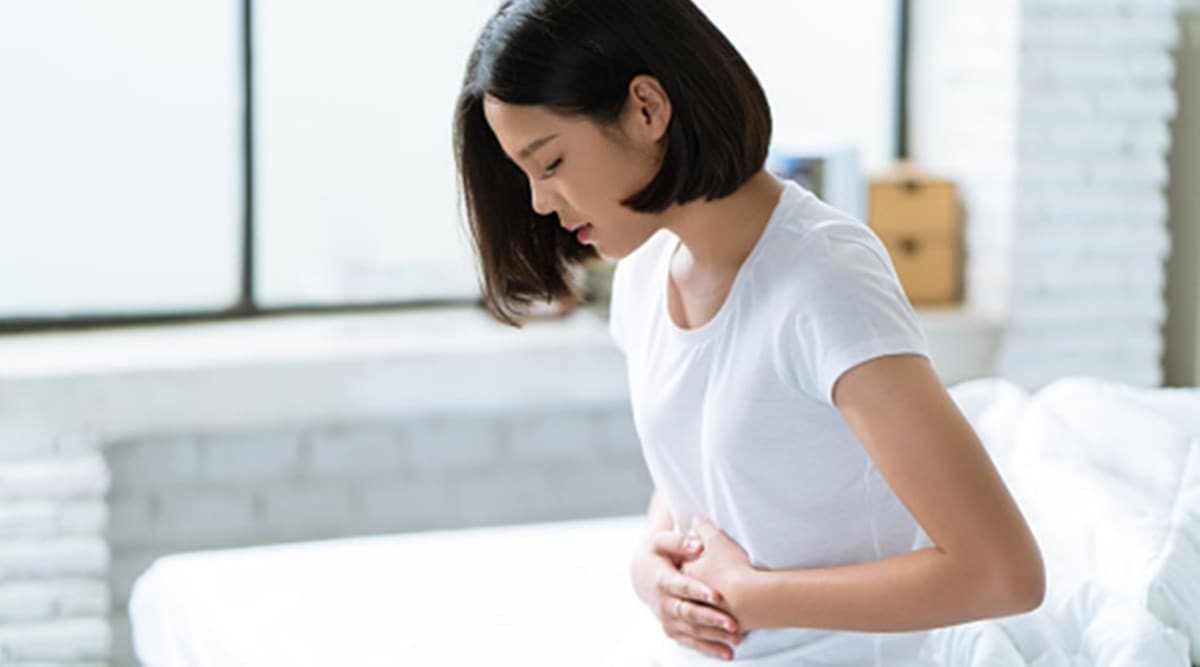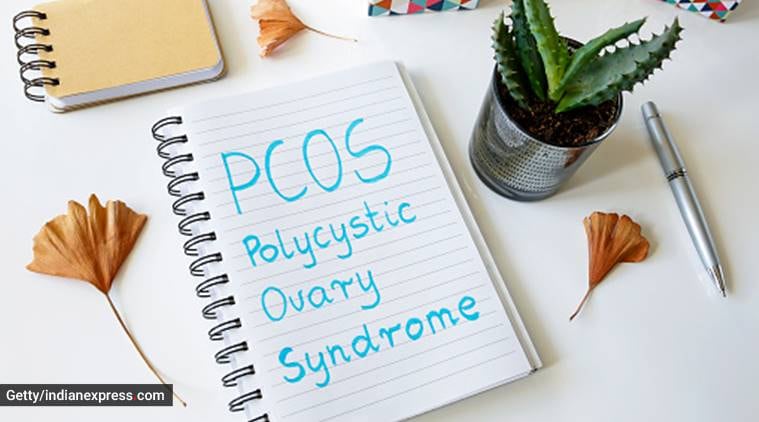There are no known cures for PCOS or endometriosis, but both are treatable and the symptoms can be managed once correctly diagnosed

Women often end up ignoring their health, and this can sometimes lead to serious issues like a reproductive disorder. “It has been seen that health conditions like PCOS (Polycystic Ovarian Syndrome) and endometriosis are often gone undiagnosed as women feel that certain symptoms are variations of a normal menstrual cycle. “PCOS is so common in women in their 20s that every 1 in 5 women go through it, while endometriosis is diagnosed in women, who are in between their 30s and 40s,” said Dr Sandeep Chadha, consultant obstetrician and gynecologist, Motherhood Hospital, Noida.

Here are some differences and similarities between the two, and when it’s time to visit your doctor:
What is PCOS?
PCOS is a common hormonal disorder in women in which ovaries produce too many male hormones resulting in irregular or absent menstrual periods, weight gain, hair growth in unusual places like your face, neck, or abdomen, thinning hair on your scalp, acne on your face, chest, or back, and infertility issues.

“But with the changing times, there has been difficulty in diagnosis of the condition. Experts suggest that they have been seeing many such women, who do not have all the classic symptoms but they still have been diagnosed with PCOS. While the cause of PCOS is still unclear, but genetics are thought to play a role and high levels of insulin and androgens exacerbate the problem. Excess insulin, which can lead to weight gain, is thought to boost androgen production in the ovaries. So, you are more prone to developing this disorder if you have a family history of PCOS, obesity or diabetes,” she told indianexpress.com.
What is endometriosis?
Endometriosis is a condition in which the lining of the uterus, known as endometrium, grows outside the uterus or on other areas such as the ovaries, the outer surface of the uterus, the fallopian tubes, the vagina, the cervix, or even on the bladder or rectum. If a woman has the condition, she will have immensely painful periods with pelvic and lower back pain, pain during or after intercourse, pain while using the bathroom, excessive bleeding, digestive problems, and infertility are also common symptoms.
“With a typical menstrual cycle, your endometrium thickens, breaks down, bleeds, and exits your body through the uterus each month. Like PCOS, endometriosis can be difficult to diagnose. Endometriosis is also challenging to diagnose because some women will have no symptoms, and other women who have all of the symptoms above may not necessarily have endometriosis. The exact reason behind endometriosis is also unknown. There are several theories, but none explain all aspects of the disorder,” she explained.
Can you have both?
Unfortunately, you can have both, said the expert. She added that many mix-and-match possibilities can present themselves in women suffering from both, but the most common overlapping symptom is infertility.
ALSO READ | Count on these handy tips to prevent and manage polycystic ovarian syndrome
“The regularity of your menstrual cycle and hormone testing can help differentiate between the two conditions. It is more common to see endometriosis present in women with regular cycles. However, if a patient with PCOS reports significant pelvic pain, this raises the possibility of another condition being present with PCOS, such as uterine fibroids or endometriosis, since PCOS does not cause pain during periods,” she said.
However, any time if you experience especially painful or irregular cycles, notice abnormal hair growth, or struggle with infertility, then it’s time to visit your doctor.
What you can do
There are no known cures for PCOS or endometriosis, but both are treatable and the symptoms can be managed once correctly diagnosed. PCOS can be managed through hormonal birth control pills, which can help level hormones and therefore regulate periods. If you’re trying to get pregnant and can’t take birth control, then a doctor suggests some hormone therapy medications. For endometriosis, you can take an extended-cycle pill, which means you have a few periods or eliminating your period completely. A hormonal intrauterine device (IUD) is another option. It can be inserted to help reduce pain and bleeding. Surgery for endometriosis may improve your chances of pregnancy, depending on how extensive the condition has become, she said.
? The Indian Express is now on Telegram. Click here to join our channel (@indianexpress) and stay updated with the latest headlines
For all the latest Lifestyle News, download Indian Express App.
Source: Read Full Article
